



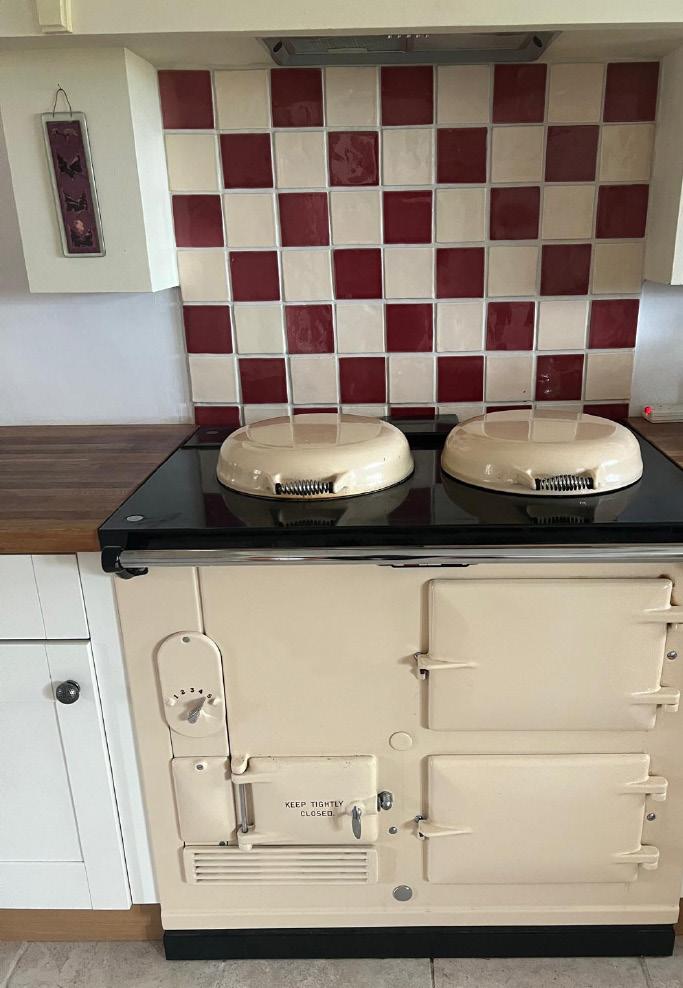









Hello, I’m Siri, the editor of Dental Scribe and fellow Bristol local.















Hello, I’m Siri, the editor of Dental Scribe and fellow Bristol local.
We are thrilled to be launching the first edition of Dental Scribe in the city where we both call home. Alongside Shaun, who has more than 10 years experience as a dentist, we hope to equip you with new and exciting oral health knowledge. At Dental Scribe Media, our editorial team has a combined nearly 20 years experience in journalism and clinical dentistry. We’re passionate about providing entertaining and informative content about your health, as well as carefully curated local recommendations. If you want to continue reading at home, or share with family and friends, simply scan the QR code on the front cover to access the online version.
All the best and happy reading.

Editor: Siri Thomas, siri@dentalscribemedia.co.uk
Clinical Lead: Shaun Hodge, shaun@dentalscribemedia.co.uk
Copy Editor: Tabitha Breare, info@dentalscribemedia.co.uk
Design: Finley-Mae Stainfield, info@dentalscribemedia.co.uk
Cover: Katie Smith illustratedbykatie@gmail.com
Dental Scribe is printed and published by Print Options, an independent family-run publisher based in Millbrook, South East Cornwall. They have been running for more than thirty years and we are thrilled to be working with them.
Dental Scribe Media delivers hundreds of magazines to dental practices across the country, where they become waiting room reading material for thousands of patients. If you would like to advertise in front of a captive audience, please don’t hesitate to contact our sales team at info@dentalscribemedia.co.uk.
We offer preferential rates for independent businesses and charities.
Bristol, Bath, and the Southwest

• Architectural design and passivhaus modelling
• Expert project planning and cost management
• Sustainable materials and thoughtful execution
• Build-only, full design/build – your choice
Thoughtful. Sustainable. Built to last.








...and why DIY dentistry isn’t worth it.
The desire for straight teeth is skyrocketing in the UK, with online ‘solutions’ growing in popularity. But what is the reality of DIY orthodontics?
Clear aligners are a popular and discreet way to achieve straight teeth, and when delivered by a trained professional they are highly effective. But as the demand for straight teeth increases, so does the desire for a quick, cheap fix. More and more people are now turning to cheaper options - including online DIY dentistry solutions.
DIY orthodontics typically involves purchasing aligners online without the oversight of a dental professional. After completing an online form and paying, you can receive a “do it yourself kit” within a few days, instructing you to create a dental impression or undergo a digital scan at a local store. These impressions or scans serve as the basis for crafting a customised set of aligners, which are then shipped directly to your doorstep along with a treatment plan. Alarmingly, this entire process often occurs without any consultation with a qualified dentist or orthodontist.
Major dental bodies such as the British Orthodontic Society and the General Dental Council strongly advise against DIY orthodontics. Although marketed as a simple and risk-free treatment which can be carried out by anyone, this is far from the truth. It is important to see a dental professional for orthodontic treatment.
Before undergoing orthodontic treatment, a full clinical examination is required to ensure the procedure will be safe and suitable. Any work carried out on unhealthy teeth can have serious consequences, including tooth loss. The only way to be sure you are suitable is to be assessed in person by a dental professional before beginning treatment.
There are a range of possible orthodontic options for different types of problems. With DIY orthodontics, there is only one treatment choice and it may not be suitable for everyone.
The General Dental Council, the UK regulator for dentistry professionals, said, “there is no effective substitute for a physical, clinical examination”.


In a full statement, released in 2021, they said:
“In line with current authoritative clinical guidance, and orthodontic training, clinical judgements about the suitability of a proposed course of orthodontic treatment must be based on a full assessment of the patient’s oral health.”
If you are considering orthodontic treatment, ask at reception to find out if your dentist offers such services. If they don’t, they will likely refer you to a trusted professional elsewhere in Bristol.
“There is no effective substitute for a physical, clinical examination.”
Take a look at...

•
•









Say ‘I do’ to a beautiful wedding day smile

Your wedding day is all about feeling your best, and that includes your smile. A beautiful smile can boost your confidence and make you feel even more special on your wedding day. It’s no surprise that many couples are turning to cosmetic dentistry to perfect their smiles before the big day. Here are some popular dental treatments that can help you look your best as you say “I do.”
Teeth Straightening:
If you’ve been thinking about braces, your wedding day might be the perfect reason to start! Clear aligners or traditional braces can help improve alignment, but it’s best to plan ahead as most treatments take several months to show results.
Teeth Whitening:
A professional teeth whitening treatment can give you a brighter, whiter smile in just a few sessions. If you’re looking for a quick fix, whitening treatments are a great option to consider in the months leading up to your wedding.
Composite Bonding:
For minor chips, gaps, or imperfections, composite bonding is a fast and affordable way to improve things and it can often be completed in just one or two visits.
For a complete smile makeover, veneers are an excellent choice. These thin shells of porcelain are placed over the front of your teeth, allowing your dentist to create the smile of your dreams.
Planning your wedding smile:
Start thinking about your cosmetic dental treatments at least 6-12 months before your wedding. It’s important to give yourself enough time for treatments to take effect, especially if you’re opting for orthodontics or veneers.
Make sure you’re seeing your hygienist and maintaining optimal oral hygiene at home, including cleaning between the teeth ideally with interdental brushes, or floss for the tighter gaps. Healthy gums are an important foundation for excellent cosmetic dentistry.
Book a consultation with your dentist to figure out the best plan for you and make sure to keep up with regular oral care as your big day approaches.




For the bride who wants to honour tradition, but do it her own way.

bymobyshop.etsy.com
Are you looking for high quality wedding stationery that doesn’t break the bank? We design templates that are easily editable on Canva.



Light up letters, numbers and props for your wedding, event or celebration. Delivery, set up and collection is included, allowing you to sit back and enjoy your day. We are proud to offer something suitable for every event and budget. Contact us today.


Private, personalisedappointments from my relaxed garden studio. 10% off using code “Dentist25”
E: zoe@bysvykenbridal.co.uk IG: @bysvykenbridal www.bysvykenbridal.co.uk 16 Huckford Rd, Winterbourne, Bristol, BS36 1EA.

“The grounds looked so beautiful, and everyone commented on how much they loved the venue. Bickley Barns is a rare gem especially this side of Bristol, and we can’t recommend them enough.”
- Bristol Bride
contact@bickleybarns.com bickleybarns.com 07766031616


A unique marquee wedding venue in Bristol, suitable for up to 120 guests!


Dr Jess Laidlaw GP registrar and qualified gym instructor.
How many hours a day do you spend sitting down?
How often do you intentionally move to increase your pulse and breathing rate?
A quarter of all adults are considered ‘physically inactive’, based on the Government definition (30 minutes per week of moderate intensity activity – i.e. increased breathing but able to talk). If you’re over the age of 75, there is about a 50% chance that you will fall into this category, and if you’re over the age of 85, this increases to 70% (based on Sport England Active Lives survey data).
Physical inactivity is well known to increase with age, but can be detrimental to strength, posture and balance. This can have knock-on effects for physical, mental and social wellbeing. For example, higher inactivity levels can increase the risk of falls and broken bones, weaker muscles, low mood, and social isolation. This negative impact on an older person’s quality of life can subsequently affect the confidence and motivation needed to boost activity levels.
The good news is that people who are physically inactive gain the biggest health benefits from moving more. Whilst the prospect of exercise may seem daunting, even introducing 10 minutes of additional movement each day can lead to significant improvements to health and wellbeing. Regular activity reduces your risk of many health conditions, including heart disease, stroke, diabetes, high blood pressure, and osteoporosis. It also boosts your energy levels.
Finding an activity that brings you joy is key to making sustainable changes. Consider encouraging friends or family to join you, or using exercise as an opportunity to meet new people in the community.
Increasing movement can be easily achieved in your own home, at seniors’ exercise classes or at your local community or leisure centres, or even through personal training sessions at your nearest gym.
Be sure to exercise within safe limits. Start gradually, and listen to your body. Slow down when you need to and stop if you feel unwell. If your symptoms don’t resolve quickly with rest, seek urgent medical advice.
Ideas to start your journey on the move ...
Standing up regularly to avoid prolonged periods of sitting – such as during TV advert breaks
Taking the stairs rather than a lift
A dvicefrom medicalprof essi o an sl
Carrying groceries Dancing whilst doing housework
Other options include toe tapping to music, walking to the shops, or getting off the bus a few stops earlier.
When you feel ready, try something new ...
Try chair-based exercises –YouTube is a good place to start!
Gardening Swimming Jogging
Other options include, walking football, dance class, Tai Chi, Pilates, yoga and wheelchair workouts.
Age UK, the British Heart Foundation, and NHS website have lots of ideas and resources to help you find the right movement for you. Alternatively, speak to your GP or staff at your local leisure centre.

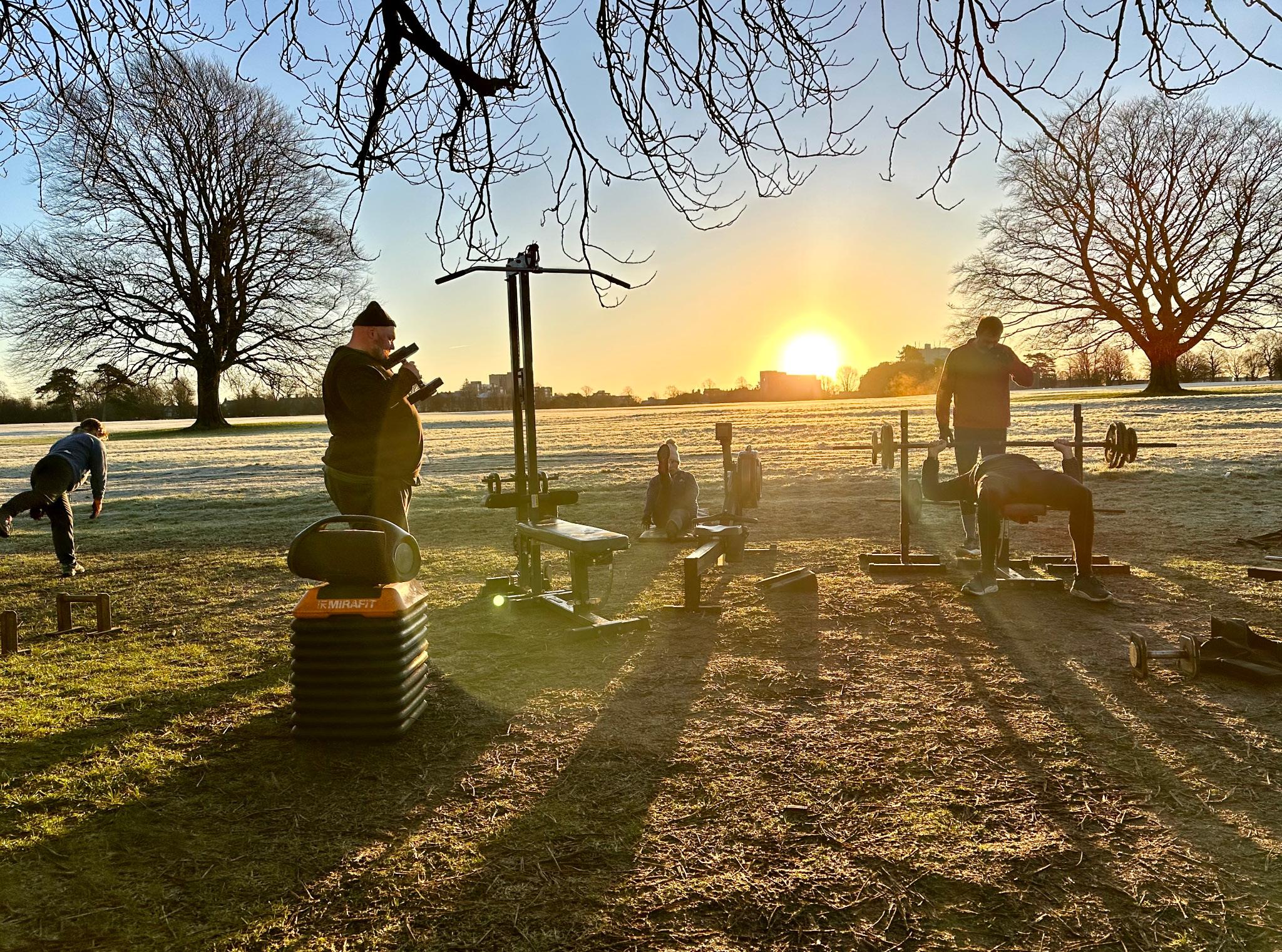



H o l i s t C o W o r Y o g a f
H o l i s t i c C l o c a l B M S W o r Y o g a f
W o m
O u r m e n o p a u s e A t R e t h i n k


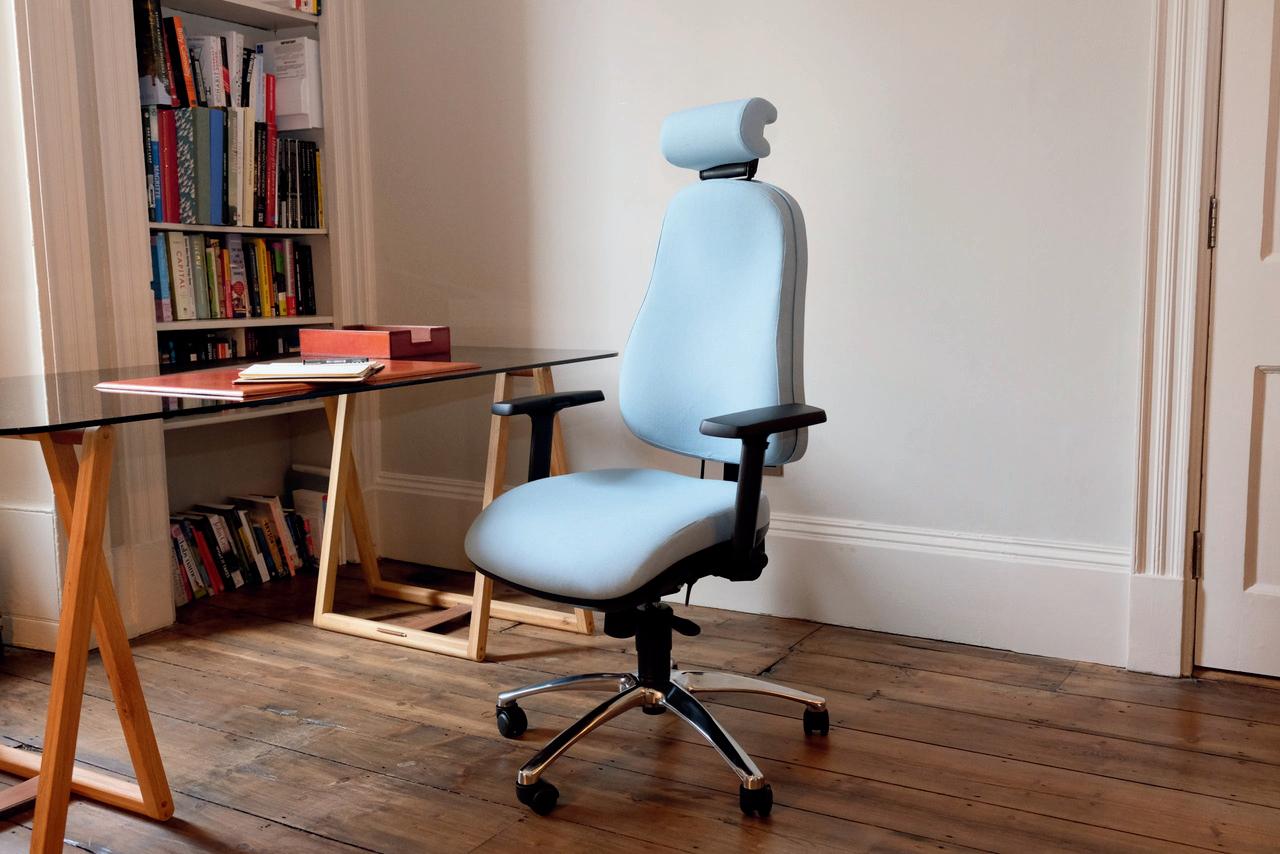



It’s your chair! It's an investment in your health.


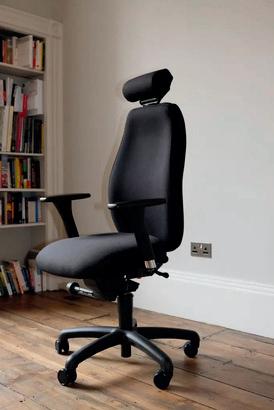
"An ergonomic chair isn’t just a seat – it’s a foundation for better posture, improved comfort, and enhanced productivity, supporting both body and mind throughout your day."
Pearce Brothers Mobility is offering a FREE assessment for ergonomic chairs, approved by Occupational Therapists to ensure the best fit for your body. These chairs are perfect for all work environments, whether you're in an office, clinic, or workshop. Say goodbye to discomfort and hello to better posture, reduced back
pain, and improved focus. Plus, mention "Dental Scribe" and unlock an exclusive discount!
2 Stover Road, Yate, Bristol, BS37 5JN

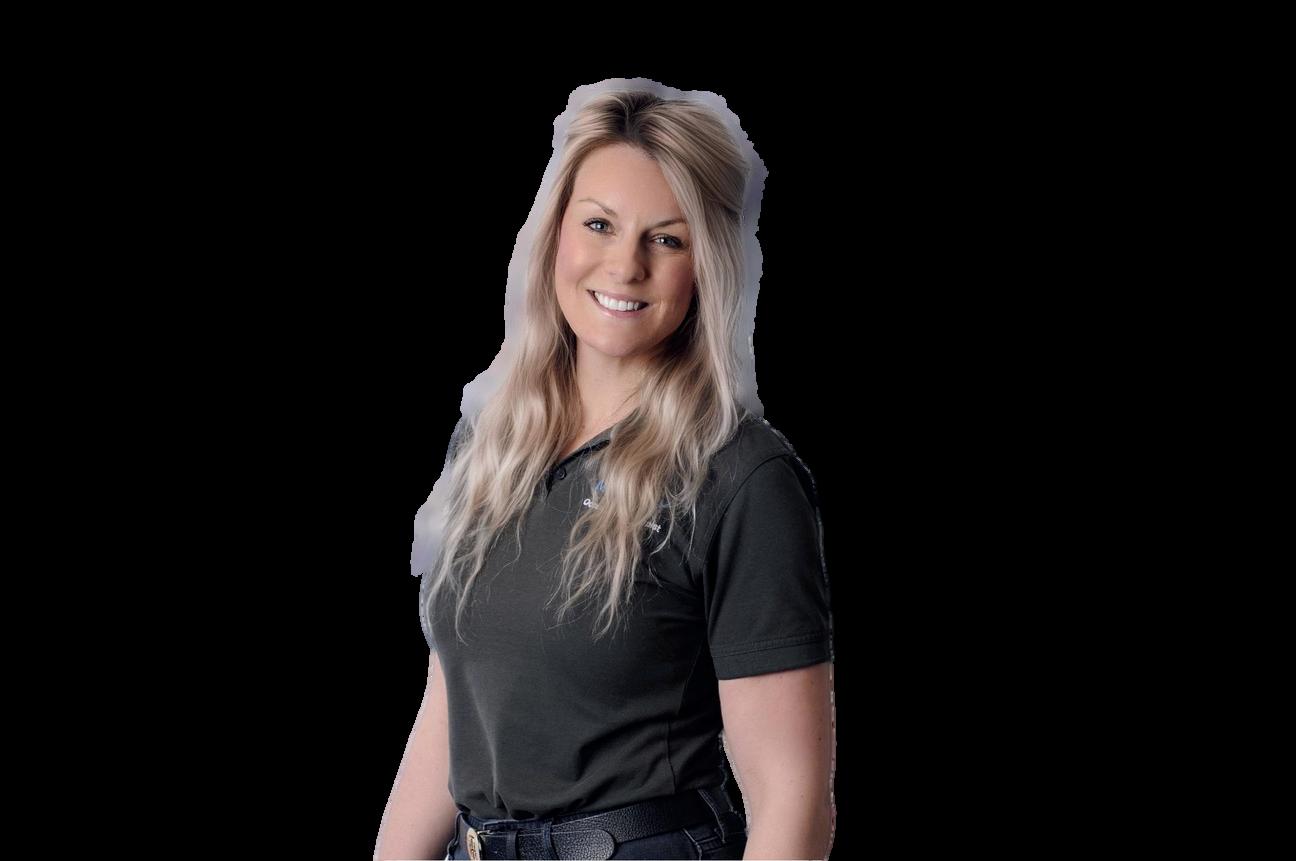

Led by our Occupational Therapist and Postural Management Specialist, Danielle Base, prescribing the right equipment designed to enhance health and well-being for all.

Coco Rose Beauty is a salon in Stoke Bishop, Bristol. We have over 20 years’ experience in the beauty industry. Our staff are fully qualified beauty therapists and offer a variety of professional but affordable treatments.







Dr Shaun Hodge
Whilst combining a week in the sun with a smile makeover may seem tempting, Dr Shaun Hodge warns that dentistry and holidays may not make such a perfect pairing after all.
In recent years there has been an increase in companies offering such packages, with more people opting to have dental work overseas, in places such as Turkey.
Destination dentistry has gained traction with influencers and celebrities opting to travel abroad for such treatment. However, there is a dark side to dental tourism. In this article we will take a look at some important factors to consider when thinking about treatment - whether locally or abroad.
In the UK, all dental professionals have to be registered with the General Dental Council, the body who hold clinicians to an extremely high set of standards of safety and skill. Because of this, you can be assured your dentist is suitably qualified to do the job. Unfortunately, not all countries have a comparable governing body. This means there is no guarantee that the care you
receive will be subject to the same level of safety regulation that exists in the UK. Complex treatments such as smile makeovers, composite bonding, and veneers often take more than one or two appointments to perfect. They also require a high degree of planning, and follow-up appointments are often needed to ensure you get the result you expect. When these follow-up appointments are carried out overseas, the financial and time costs can quickly add up, reducing any initial savings made from choosing to have your dental treatment abroad. Similarly, no matter how much care and planning is put into dental treatment, complications can occasionally occur.
Return visits to an overseas clinic are likely to be costly and time consuming, and trying to diagnose and discuss any issues over email or phone calls can be very difficult and frustrating. On top of this, it can be technically challenging for your local dentist to try and correct any issues with another dentist’s work, as they may not know the materials or techniques used.
Again, any initial financial savings may be rapidly outweighed with such corrective work. It is a huge step to decide to undergo life-changing dental treatment. Whether it be dental implants or a smile makeover, it’s important that you can be confident in the clinical work provided. Although seeking treatment overseas can at first seem like a money saving option, as explained above, costs can quickly stack up.
If you are considering life-changing dental treatment, make sure you speak to your dental professional or enquire at reception.
Book online, email, or speak to us at reception about the treatments we offer.

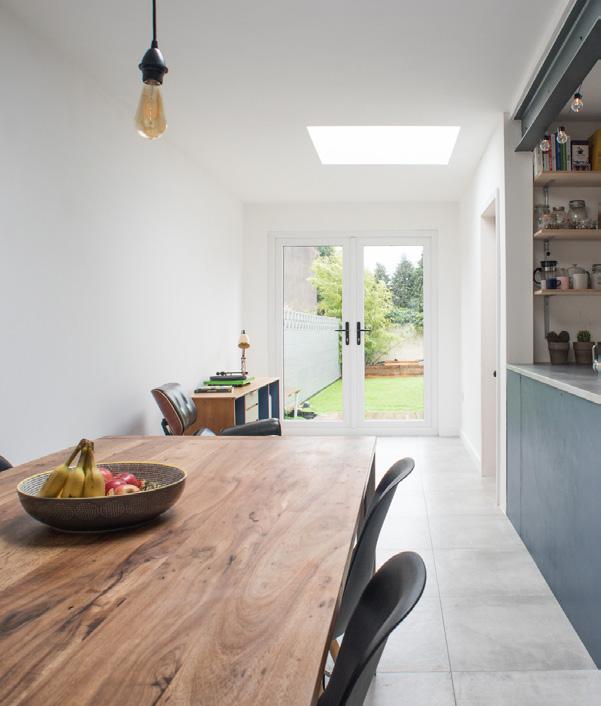
“We


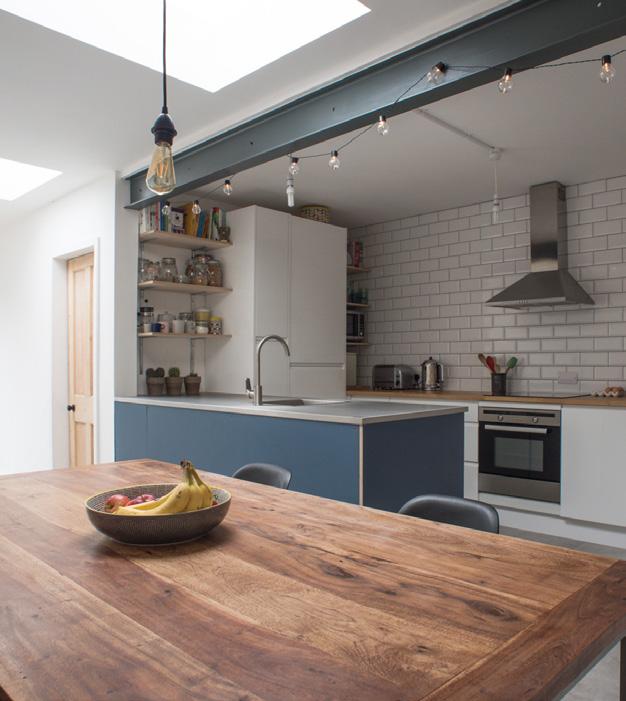
Gum disease is one of the most common diseases on the planet, often going unnoticed in its early stages. If left untreated, it can have huge consequences on your quality of life, potentially leading to bad breath, wobbly teeth, difficulty eating and chewing, loss of confidence and even tooth loss. Thankfully, in most cases, gum disease can be successfully diagnosed and treated.
With a team of highly trained and talented hygienists, your dental professionals are well equipped to provide you with first-class periodontal care. This guide is designed to answer some questions you may have about gum disease. If you would like
to discuss anything further with a member of our team, book a consultation or speak to a member of staff at reception.
What is Gum Disease?
Gum disease is an inflammatory condition. When plaque builds up around your teeth, the gum becomes inflamed. This may appear as red, swollen and sore gums, which bleed when brushed. If left untreated, this inflammation can cause the bone which holds our teeth in place to shrink away. Over time this may lead to teeth becoming increasingly wobbly, and in the worst cases teeth may even fall out. One of the challenges

of managing gum disease is that the early symptoms can be very subtle, and can be easily missed. It is often a painless condition and there is a common misconception that bleeding gums are completely normal. However, if not diagnosed and treated early, gum disease can begin to impact negatively on our quality of life. Bad breath, receding gums, difficulty eating and chewing and tooth loss can all have a big impact on our lives.
Gum disease can impact on your general health. It makes sense that the health of our mouth can impact on the rest of the body. In recent years, there has been a significant amount of research into
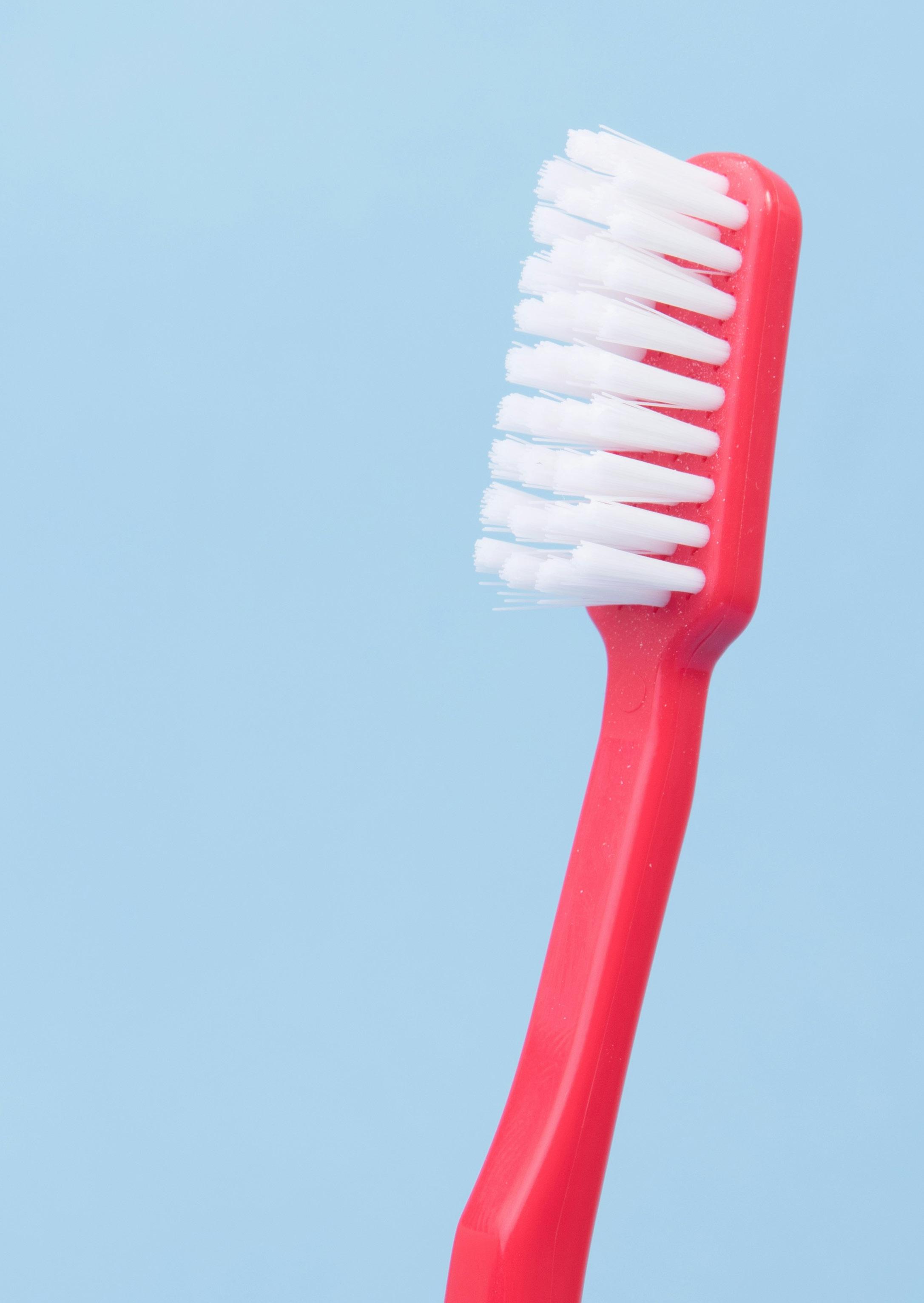
the associations between gum disease and a range of other conditions. In particular, gum disease has been linked to diseases such as diabetes, cardiovascular disease, and Alzheimer’s disease. Gum disease has also been linked to complications during pregnancy.
However, in the majority of cases, gum disease is possible to treat and stabilise. This is especially true when diagnosed early, therefore it’s a great idea to visit the dentist for regular check-ups, and the hygienist for regular gum care. Although bone loss due to the disease cannot easily be ‘re-grown’, it is often possible to stabilise the disease, reducing inflammation, making your gums feel much healthier.
Gum disease treatment often comes in three stages:
Diagnosis and oral hygiene advice
Gum disease cannot be treated without the patient being fully committed to improving their oral health. It is vital that you have a good understanding of the condition, and do what you can at home to help keep your mouth as healthy as possible.
Professional mechanical plaque removal
This involves thorough cleaning above and below the gum line, in an effort to remove or disturb the plaque build up responsible for the inflammation of your gums. This is often done with the aid of local anaesthetic, to make sure you are comfortable. In the weeks following treatment, your gums heal and tighten up around your teeth. In some cases, certain sites may require some advanced treatments, such as surgical therapy.
1 2 3
Supportive care
Once the disease has been stabilised, it is important to continue to regularly visit the hygienist for what is called ‘supportive care’. This is a simple clean, ensuring that your plaque and inflammation levels are kept low.
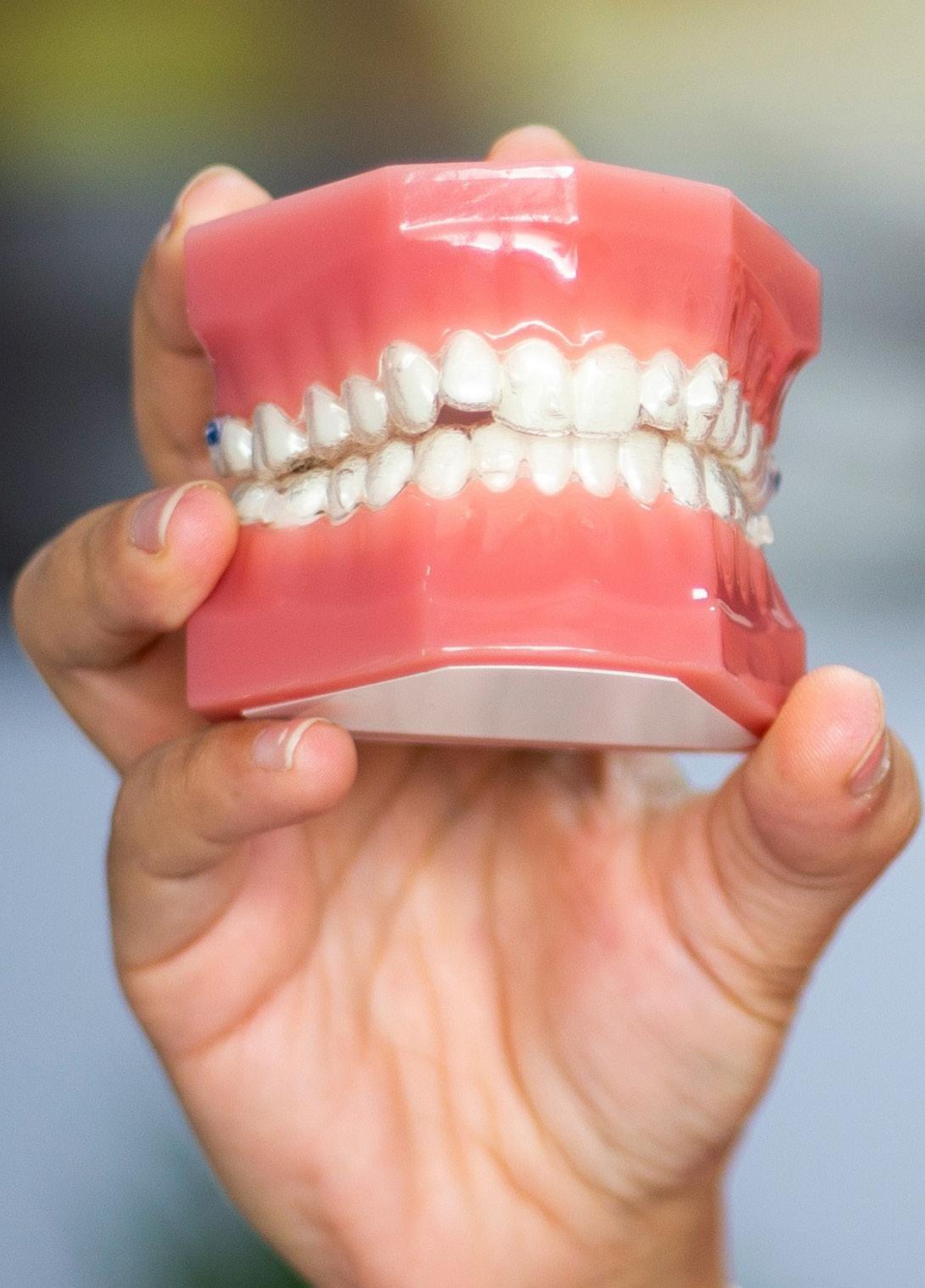

Patients often ask ...
“If I have gum disease, can I have dental implants?”
It is not advisable to have dental implants if you have unstable, untreated gum disease. This is because you can get a disease around implants which is similar to gum disease, and can lead to the failure of any implant treatment. The good news is that in successfully treated gum disease patients, whose disease is ‘stable’, dental implants can be placed successfully — albeit with higher risk of failure in the long term.
If you would like to arrange a consultation, please ask at reception.
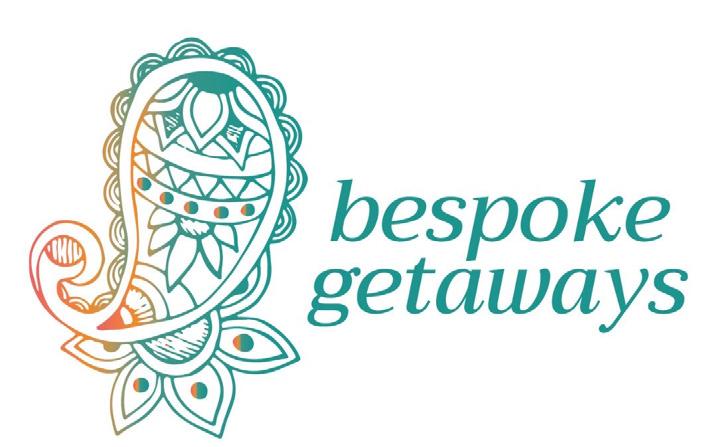





After 20 years living in Southeast Asia, I’ve returned to Bath to share my discoveries with you. Bespoke Getaways offers truly personalised luxury travel experiences built on my local knowledge. I craft journeys that go beyond typical tourist routes, tailored precisely to your interests. From meticulous planning to personal guidance, I ensure every detail is handled seamlessly. Experience Southeast Asia as few travelers can. Get in touch today and let’s create your trip of a lifetime.
—Hem Patel, Founder




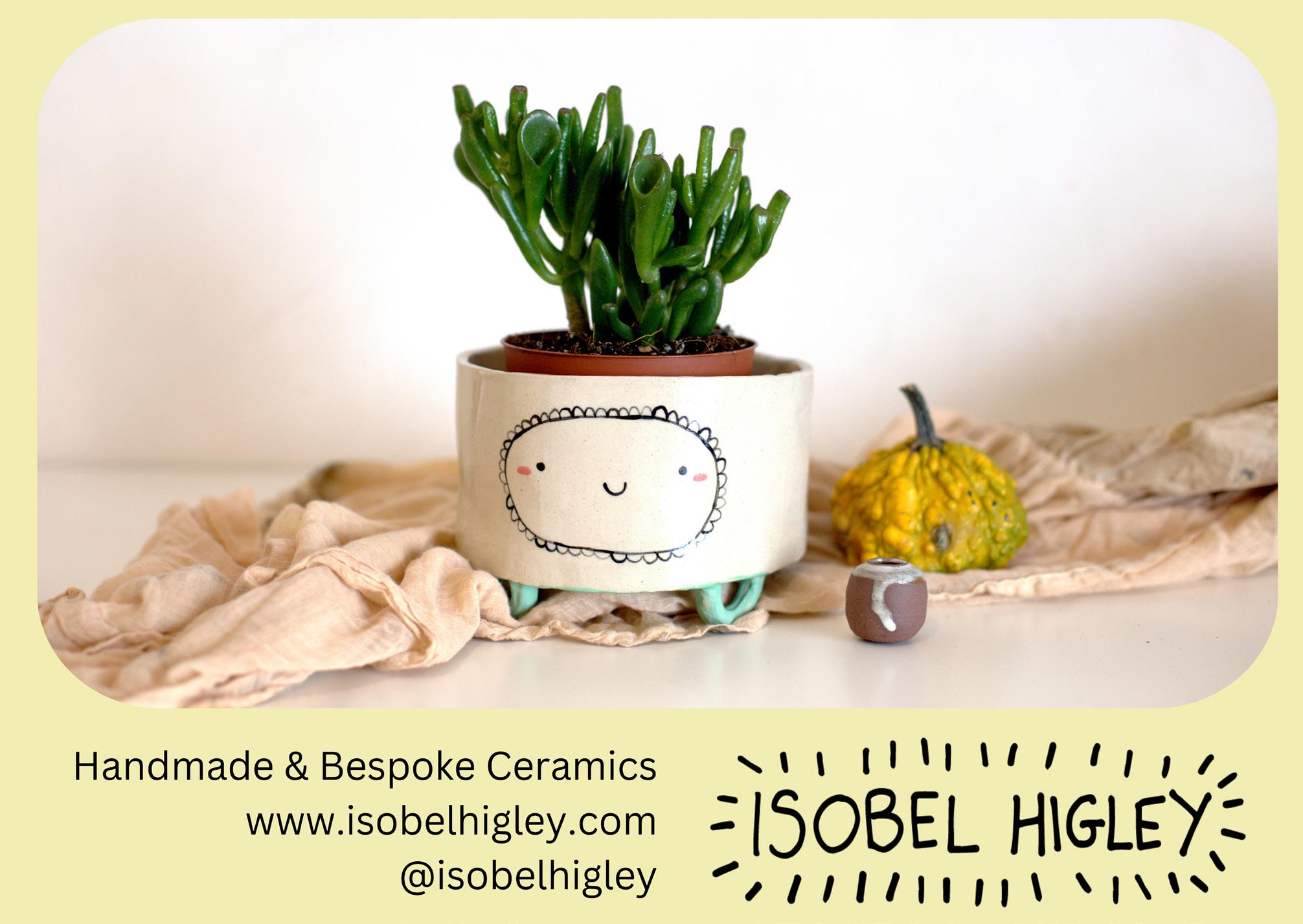

Tooth loss can have a significant impact on your health and quality of life. As well as affecting your smile, it can also limit your ability to eat the foods you love and can have a negative impact on your self-esteem.
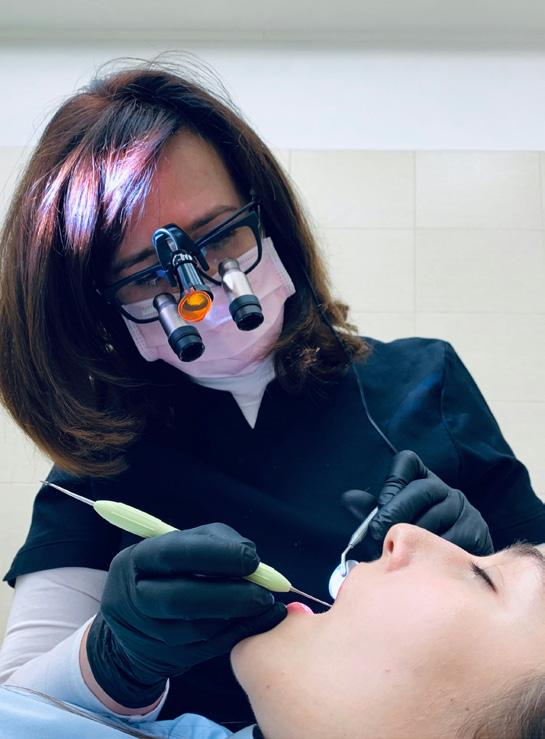
The development of dental implants has enabled dentists to provide a life-changing and effective treatment to patients suffering from tooth loss.
A dental implant is a titanium screw which is inserted into the jaw bone to replace a missing tooth or teeth. The implant acts as support for a false tooth or a denture. Implants offer a ‘fixed’ replacement for missing teeth which, if well cared for, can last for decades.
Although the modern dental implant was developed in the 1960s, humans have been experimenting with methods of replacing teeth for thousands of years. Evidence of dental implants made of shells, stone or precious gems have been discovered in Mayan excavations reaching back as far as 600AD - almost 1,500
years ago.
Before you undergo dental implant treatment, your dentist will check the amount of bone present. If there is not enough bone, often further procedures such as bone grafting can be carried out to make implant placement possible.
Although there are some medical conditions which make implant placement more complicated, most patients are suitable for implants. When your implants are well cared for at home with excellent brushing, and with regular visits to the hygienist, they can last decades.
Implants are one of the most reliable treatment options available for replacing missing teeth.
What is dental implant treatment like?
You will be numb during the procedure, and many patients tell us that the implant placement is far easier than a tooth extraction. As with every surgical procedure, there may be some mild discomfort for a short time after the implant is placed.
Treatment time depends on the complexity of the case. In some cases an implant can be placed and then restored with a false tooth the very same day. Most of the time, the implant is left for several weeks to ‘fuse’ with the jaw
bone in a process called osseointegration before being restored.
Your dentist will be sure to discuss the expected time scales and your bespoke treatment plan at your implant consultation.
I have gum disease, can I still have dental implants?
Gum disease is a leading cause of tooth loss. Studies have shown patients who have gum disease to be more at risk of implant failure. However, if your gum disease is under control and you are looking after your teeth very well at home, dental implants can still be
placed with success.
If you have any questions about implants, ask your dental professional or enquire at reception.
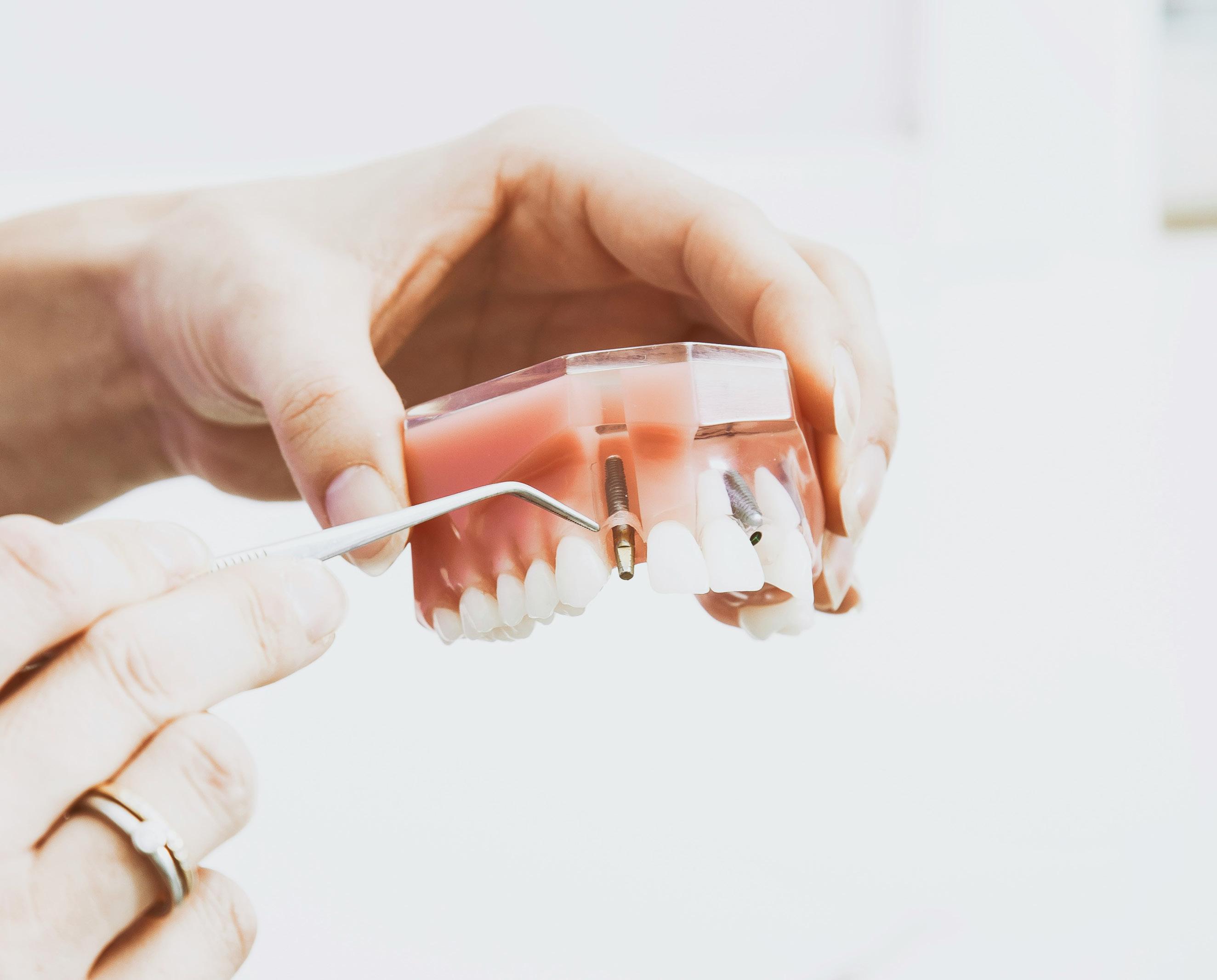


Rachel White, Dietitian and Sports Nutritionist

These days, whilst we know that one apple is probably not enough to keep up our general health, it certainly is a good start. But what effect could this have on our dental health?
As dietitians we often recommend our clients to follow a healthy balanced diet, but what does this actually mean? The NHS’ Eatwell Guide lists recommendations that I have included at the end of this article. Following these recommendations is likely to help you maintain good health, reducing the likelihood of developing long-term
When we think about healthy eating from a dental perspective, the recommendations do not always match up. Tooth decay happens when sugary and starchy foods stick to our teeth and are broken down by the natural bacteria in our mouth. When this happens, a small amount of acid is released, the pH in our mouth decreases, and this dissolves the tooth enamel. Over time, this causes damage and can lead to dental cavities. It takes around 20 minutes
for the pH of the mouth to return to normal. So, if you are eating regularly across the day and having frequent snacks, then our mouth will not have the chance to recover before the next acidic attack.
The main culprits when it comes to acidic foods are fizzy drinks and fruit. ‘Fizziness’ is often a sign a drink is acidic. This includes fizzy drinks, pop and carbonated drinks. It is important to note that even ‘diet’ versions of these drinks are still harmful. Some alcoholic drinks are also acidic, including beer, cider, prosecco and white wine. Whilst it may not be possible to avoid these drinks all the time, try having them alongside a meal, using a straw or sipping quickly. These can all be ways to help minimise the damaging effects. Many fruits contain citric acid, which promotes dental erosion. The most acidic fruits are lemons, limes, plums, grapes, grapefruit, and blueberries. Pineapples, oranges, peaches and tomatoes are also high
in citric acid.
Now, as a dietitian I am certainly not going to tell you not to eat fruit! But like with fizz, there are ways to minimise the effect on your dental health. Keep fruit to mealtimes, this way you get your apple a day with lower impact to your teeth. Then always try to eat
To help achieve a balanced diet, the dietary recommendations are as follows:
1
Eat at least 5 portions of a variety of fruit and vegetables each day
Base meals on higher fibre starchy foods, for example potato, bread, rice or pasta

4 5 6
Eat some beans, pulses, fish, eggs, meat and other protein
Choose unsaturated oils and spreads and eat them in small amounts
Drink plenty of water or fluids




In the heart of bustling Bristol lies a sanctuary designed to help you reconnect—with yourself, your senses, and the world around you. Nestled in the corner of a secret garden is a small, secluded outdoor spa that provides the ultimate city escape. Every inch of Sensate Spa & Studios tells its own story, having been carefully handcrafted using 80% recycled and upcycled materials. Sustainability is at the core of its creation, seamlessly blending mindful design with a deep commitment to environmental care.
The name "Sensate" is derived from the late Latin sensatus, meaning the ability to perceive through the senses—touch, sight, smell, and beyond. This hidden oasis was thoughtfully designed to help you rediscover your feeling self, inviting you to stop, breathe, and simply let go. Recharge your body and create space for healthier choices.
From the moment you walk through the old temple doors, the spa facilities welcome you into a realm of transformation. Experience the invigorating contrast of the sauna and cold plunge pool, while savoring herbal teas served with exceptional care by our dedicated team.
Treatments such as soothing massages and revitalizing facials are tailored to nourish your body, mind, and soul. Meanwhile, a variety of yoga and Pilates classes offer the perfect balance of movement and stillness.
At Sensate Spa & Studios, holistic care extends beyond the physical. Visit us today to begin your journey to wellness, self-care, and community. Your moment of renewal awaits in this tranquil retreat.











By Nicole Bowen
University initially brought me to Bristol, but after three years of discovering the city (and, of course, studying), staying here was an easy decision. Bristol, often hailed as the gateway to the South West, is renowned for its commitment to sustainability. The city is brimming with parks and green spaces - Queen Square, The Downs & Leigh Woods are all worth a visit! For those craving adventure, the Mendip Hills, Quantocks, Cotswolds, and Bannau Brycheiniog are within easy reach.
Each area in the city offers its own unique vibe. Some parts are lively and vibrant, while others provide a more relaxed, slower pace. The city’s diversity is reflected in its thriving communities, ensuring there’s something for everyone.
As someone who has called Bristol home for quite some time, I can confidently say there is never a shortage of things to do or places to explore - especially when it comes to food and drink. The city boasts a number of award-winning bakeries and Michelin-starred restaurants, with new spots popping up regularly too. Bristol has firmly established itself on the map, and here are a few highlights you won’t want to miss.
Edgie Eats offers homemade cakes and locally sourced coffee, with both indoor and outdoor seating. They’re open 7 days a week and located right by the Downs, making them the perfect stop for walkers!
3
After opening during Covid, this Turkish bakery and coffee shop has become a go-to for us and many people alike in Redland. If you’re passing Chandos Road, stop by and try out their Olive Buns and Turkish Coffee.
2
Snobby’s is a Bristol institution for food lovers, with a generous wine selection and delcious small plates to match. Oh, and the terrace is a Summer’s dream. We will see you there!


4
Max Minerva’s Marvellous Books & More is a wonderful independent bookshop situated in Henleaze. As well as offering a diverse selection of books, the shop also regularly invites a range of authors to discuss their work, most recently children’s author Matt Lucas.

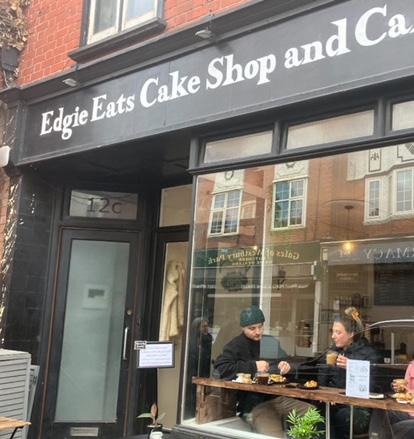




























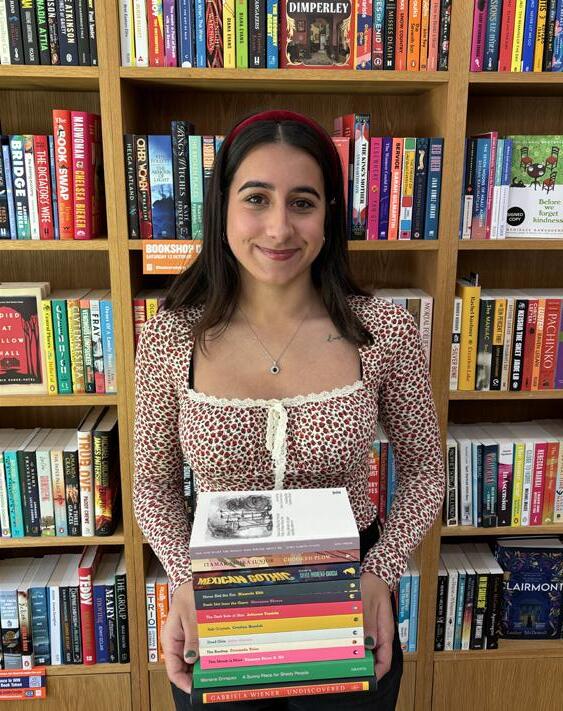
By Evelyn Heis | @amuchneededbreak
As a recent literature graduate and bookseller, it’s safe to say that I love books. I’d be lying if I said my whole life wasn’t consumed by reading and planning my next book! While my reading preferences have changed over the years, I enjoy being challenged by new reading experiences and aim to engage with books likely to push me out of my comfort zone. With that in mind, I’ve put together an eclectic mix of my favourite recent reads. I hope it’ll inspire you to join me in diving into new and challenging books!
Composed of twenty-two vignettes, this enchanting novella tells the history of the Ledra Palace in Nicosia, an incredible hotel that was both a local landmark and elite destination in colonial and post-colonial Cyprus. The personal stories of those who frequented, worked, and were connected to the hotel form a narrative that illuminates the history of the island.
Each story ends with a twist, and for some, on the rocks: for each story is accompanied with a drinks recipe that holds emotional and cultural resonance for the narrator.
This short but sweet novel certainly packs a punch. Unique in both form and content, this was a delicious book that I devoured in one sitting.
Translated Fiction, Historical Fiction
Fifteen years after WWII, Isabel lives in her late mother’s home in the Netherlands. Although accustomed to her solitary, Isabel, albeit with much protest, is forced to share her family home with her brother’s fiancé, Eva. What ensues is a series of hateful, obsessive, and intense events between the two, as well as a growing passionate affair that changes the course of their lives forever.
The Safekeep offers a glimpse into the effects of inherited intergenerational trauma, set alongside the collective agony and uncertainty of post-war Europe.
Historical Fiction, Family Drama, LGBTQ+



Boulder begins on a boat in the middle of the sea. Our protagonist, nicknamed Boulder, works as a chef aboard and takes pride in her liberated lifestyle. Until one day she meets Samsa, and they embark on a passionate love affair that whisks Boulder away from her bohemian-seafarer-life to anchoring down inland, in Reykjavik.
The waters of their relationship begin to get choppy as Samsa declares that she wants more for them: she wants to become a mother, even though Boulder does not want to have children. Reluctantly, Boulder agrees to expand their family and what ensues is a portrait of unconventional motherhood on both accounts.
Translated Fiction, LGBTQ+, Women-led, >200 pages


Crooked Plow opens with two sisters, Belonisia and Bibiana, who stumble upon a mystical ivory-handled silver blade in their grandmother’s suitcase. In a trance, both sisters put the knife in their mouths, an act which results in one of them losing their tongue, and thus, her voice.
Set in the plantation grounds of Agua Negra, the story traverses across three generations of the ‘Chapeu Grande’ family, who are mystical healers, Quilombolas—the descendants of enslaved Africans who were brought to work in Brazilian plantations—and tenant farmers who adore the land.
Vieira does a magnificent job of creating a narrative that is immersive and lyrical, painting an epic story of tradition, community and family.
Translated Fiction, Historical Fiction, Family Drama
Anna Deerin longs for a tranquil life in the Cotswolds; trading in her ballet shoes and city life for shears and wellies, she moves to a remote cottage in the village of Upper Magna and finds work as a gardener at Fallow Hall. When she clears the last vegetable bed of the season, Anna digs up not twigs but human bones, and the outside world she’s worked so hard to shut out, is readmitted again.
Working alongside Detective Inspector Hitesh Mistry, the unlikely duo discover that this murder is inextricably bound up with issues of gender, family, and community.
Burke-Patel’s gorgeous prose presents a pensive and often tender novel that subverts the classic country house murder mystery.
Literary Fiction, Crime, Family drama,

















































